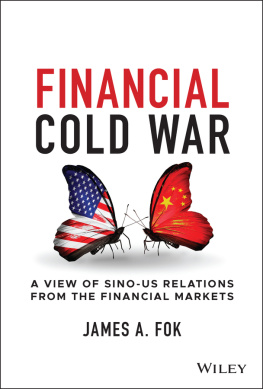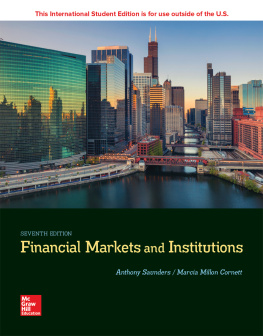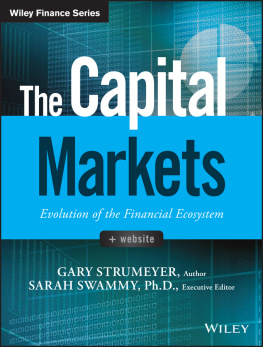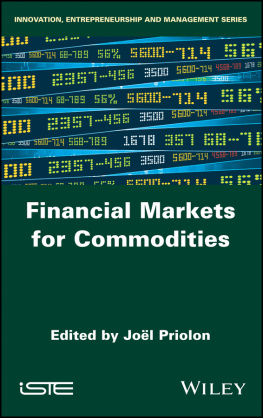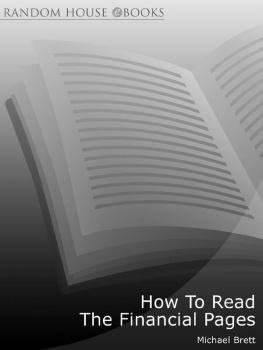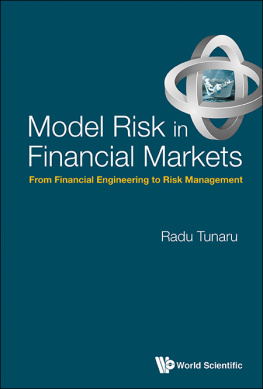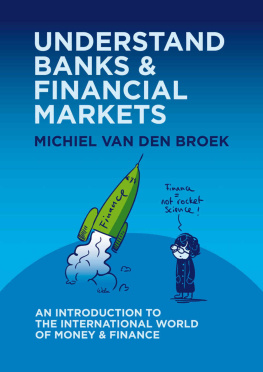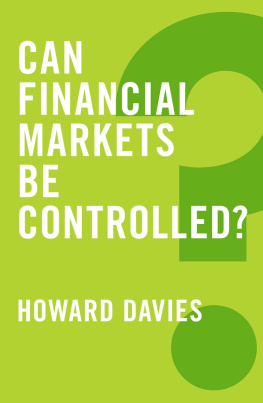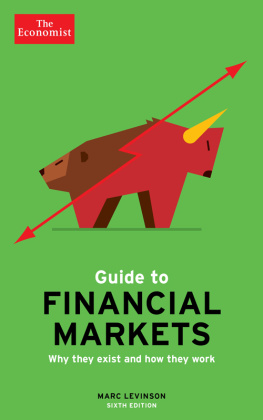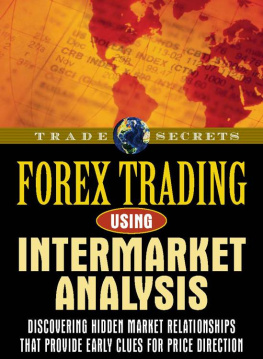This edition first published 2022
Copyright 2022 by James A. Fok.
Registered office
John Wiley & Sons Ltd, The Atrium, Southern Gate, Chichester, West Sussex, PO19 8SQ, United Kingdom
For details of our global editorial offices, for customer services and for information about how to apply for permission to reuse the copyright material in this book please see our website at www.wiley.com.
All rights reserved. No part of this publication may be reproduced, stored in a retrieval system, or transmitted, in any form or by any means, electronic, mechanical, photocopying, recording or otherwise, except as permitted by the UK Copyright, Designs and Patents Act 1988, without the prior permission of the publisher.
Wiley publishes in a variety of print and electronic formats and by print-on-demand. Some material included with standard print versions of this book may not be included in e-books or in print-on-demand. If this book refers to media such as a CD or DVD that is not included in the version you purchased, you may download this material at http://booksupport.wiley.com. For more information about Wiley products, visit www.wiley.com.
Designations used by companies to distinguish their products are often claimed as trademarks. All brand names and product names used in this book are trade names, service marks, trademarks or registered trademarks of their respective owners. The publisher is not associated with any product or vendor mentioned in this book.
Limit of Liability/Disclaimer of Warranty: While the publisher and author have used their best efforts in preparing this book, they make no representations or warranties with respect to the accuracy or completeness of the contents of this book and specifically disclaim any implied warranties of merchantability or fitness for a particular purpose. It is sold on the understanding that the publisher is not engaged in rendering professional services and neither the publisher nor the author shall be liable for damages arising herefrom. If professional advice or other expert assistance is required, the services of a competent professional should be sought.
Library of Congress Cataloging-in-Publication Data is Available:
ISBN 978-1-119-86276-5 (hardback)
ISBN 978-1-119-86278-9 (ePub)
ISBN 978-1-119-86277-2 (ePDF)
Cover Design: Wiley
Cover Image: suns07butterfly/Shutterstock
Preface
Among my earliest memories was a visit to a stockbroker's office with my father. Growing up in Hong Kong, every Chinese New Year children would receive red packets' containing small sums of money from relatives and family friends. Each year, my father would gather up the haul that my siblings and I had collected to invest in stocks. In the go-go years of Hong Kong in the 1980s, people from all walks of life seemed to hang on every fluctuation of the stock market. Although I had very little knowledge of financial markets back then, I suppose I was instilled early in life with a sense of their power.
Later, as a teenager, I struggled with my studies in classical Chinese texts. Taking pity on me, my godmother offered to tutor me, and I started going up to her office twice a week for tutorials. Auntie Sue as she is known to me was a successful lawyer who had co-founded a law firm with my father. However, by that stage she had become a little bored of the law and had taken up a side-line in trading stock options. I found Confucian and Mencian philosophy rather tedious and often diverted these tutorial sessions to discussions on stocks and options trading. Over time, Auntie Sue taught me the basic principles of securities valuation and options pricing that, as an adolescent with dreams of riches, I absorbed with enthusiasm.
In my first year at university, with savings from part-time work and various entrepreneurial ventures, I opened an online trading account and began investing in the markets myself. It was in the middle of the Dot-com boom and I had some initial success but, ultimately, this was to lead to one of my first great lessons in the pitfalls of overexuberance. Nonetheless, my interest in financial markets wasn't extinguished.
As an undergraduate in Beijing in the 1990s, I got to experience first-hand how market reforms were transforming China. I witnessed the launch of Starbucks, Walmart and the trappings of American consumer culture in the country. A huge number of Chinese students aspired to post-graduate studies in the United States (US) and I was regularly asked by fellow students to help them study for the GRE English test, success in which was a prerequisite for acceptance to American colleges (although, frankly, most of them scored far higher than I would have done). At that time, it seemed to me that the Chinese Dream' was pretty similar to the American Dream' and, like many observers, I expected economic growth would ultimately lead to political reforms and a more liberal democratic society.
I also glimpsed some of the hangovers from China's traumatic past. When five US guided bombs hit the Chinese embassy in Belgrade during the Balkans conflict in 1999, people were quickly whipped up into a nationalistic frenzy. US authorities claimed that this incident, in which three Chinese citizens were killed, was due to a CIA mistake. China has never accepted this explanation. In the days that followed, angry crowds demonstrated outside the US embassy. One evening shortly afterwards, I was out with a friend from Korea. Conversing in English, we were mistaken for Americans and chased after by a mob. That certainly left an impression on me that populist nationalism is a pretty scary thing.
On completing university, I joined the graduate programme of an American investment bank in London. I rapidly specialised in advising financial services clients and learned top-down and bottom-up about the international financial system.
For almost a decade until mid-2021, I worked at the centre of Hong Kong's financial markets at Hong Kong Exchanges and Clearing Limited (HKEX). HKEX is the sole exchange and clearing house operator in the most successful initial public offerings (IPOs) market in the world. I landed there because, back in early 2012, I found myself between jobs with time on my hands. A social acquaintance who was running Business Development for HKEX at the time asked if I might come and help out on a corporate takeover the Exchange was contemplating. I had been due to join another investment bank several months later and my wife told me I should just relax and enjoy my time off. However, although I had previously worked on transactions involving banks, insurers and asset managers, I had never seriously looked at how exchanges work, and curiosity got the better of me. The transaction turned out to be the competitive auction for the London Metal Exchange (LME), the world's leading venue for trading industrial metals, with a history tracing back over four centuries.
From the outside in, HKEX in those days looked like a sleepy and bureaucratic organisation. On my first day in the office, I discovered that the company did not have international direct dialling from the desktop phones. To make an overseas call, you had to find a secretary to come and input a long series of codes before being able to dial out. The first-round bids for the LME were due in a couple of weeks. When I got home that night, I told my wife that I would be able to resume my time off after that.

